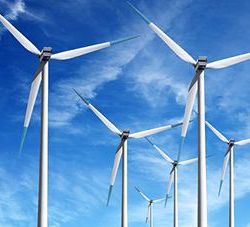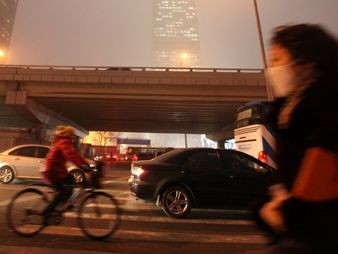Greenpeace India developed the Dharnai micro-grid on the advice of a former Bihar Chief Minister to showcase a theoretical solution that could be replicated across Bihar. Greenpeace now appeals to the Government of Bihar to recognise decentralised renewable energy systems (DRES), like the Dharnai model, for replicating and upscaling to provide energy to the dark villages of Bihar and create adequate regulatory structure for promotion of similar models.
For more information on the Micro-Grid, visit:
http://dharnailive.org
Briefing Paper on the Micro-Grid:
http://www.greenpeace.org/india/en/publications/Dharnai-Live-Briefing-Paper
Source: Greenpeace.
Quick Facts on the Micro-Grid
– Provides electricity to more than 2,400 people, 450 households and 50 commercial establishments, including two schools, a training centre and a primary healthcare centre.
– 100 kW micro-grid includes 70 kW for electricity generation for the community, and 30 kW for 10 solar-powered water-pumping systems of three horsepower each.
– Cost of the micro-grid: € 367,800 / $497,700 US
– Installation time: 3 months
– 280 solar panels, 224 batteries, 15 inverters; 10 x 3-horsepower water pumps
– Cost of electricity (per kilowatt-hour (kWh) for:
18-Watt household installation: € 0.12 / $0.16 US
18-Watt commercial installation: € 0.16 / $0.22
30-Watt household installation: € 0.13 / $0.18
The micro-grid is operated in association with BASIX, a livelihood promotion institution, as well as CEED, a network of NGO’s and think tank organisations in Bihar that support renewable energy development in the state.














